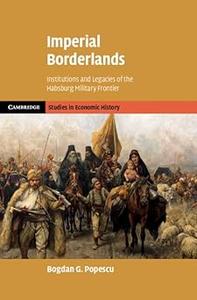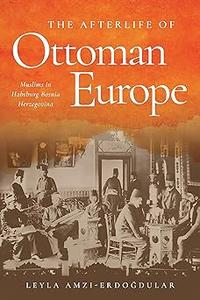
Free Download Bogdan G. Popescu, "Imperial Borderlands: Institutions and Legacies of the Habsburg Military Frontier "
English | ISBN: 1009365169 | 2023 | 300 pages | PDF | 83 MB
What are the institutions which govern border spaces and how do they impact long-term economic and social development? This book focuses on the Habsburg military frontier zone which originated in the sixteenth century as an instrument for protecting the empire’s southern border against the threat of the Ottoman Empire and which lasted until the 1880s. The book outlines the conditions under which this extractive institution affected development, showing how locals were forced to work as soldiers and exposed to rigid communal property rights, an inflexible labor market, and discrimination when it came to the provision of public infrastructure. While the formal institutions set up during the military colony disappeared, their legacy can be traced in political attitudes and social norms even today with the violence and abuses exercised by the imperial government transformed into distrust in public authorities, limited political involvement, and low social capital.
